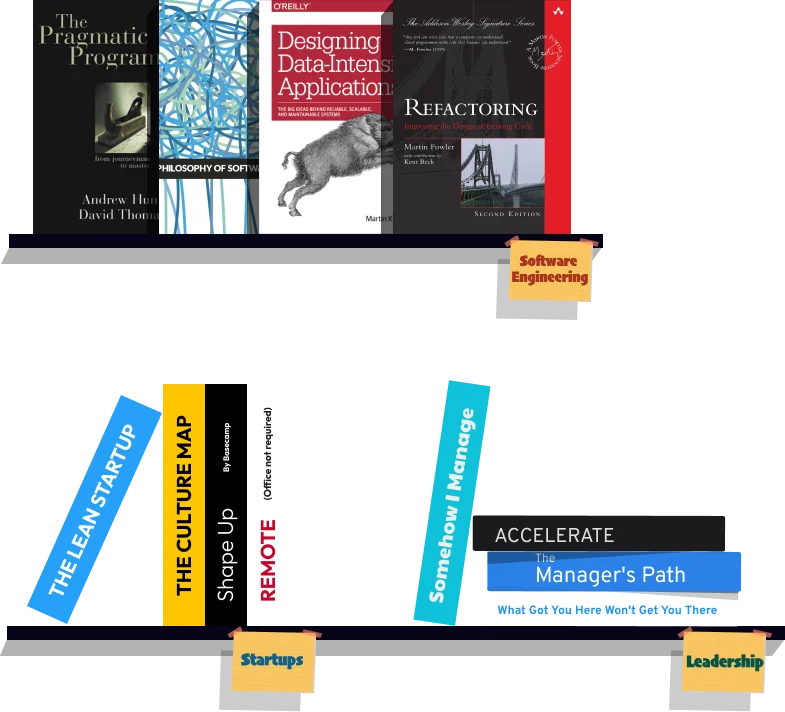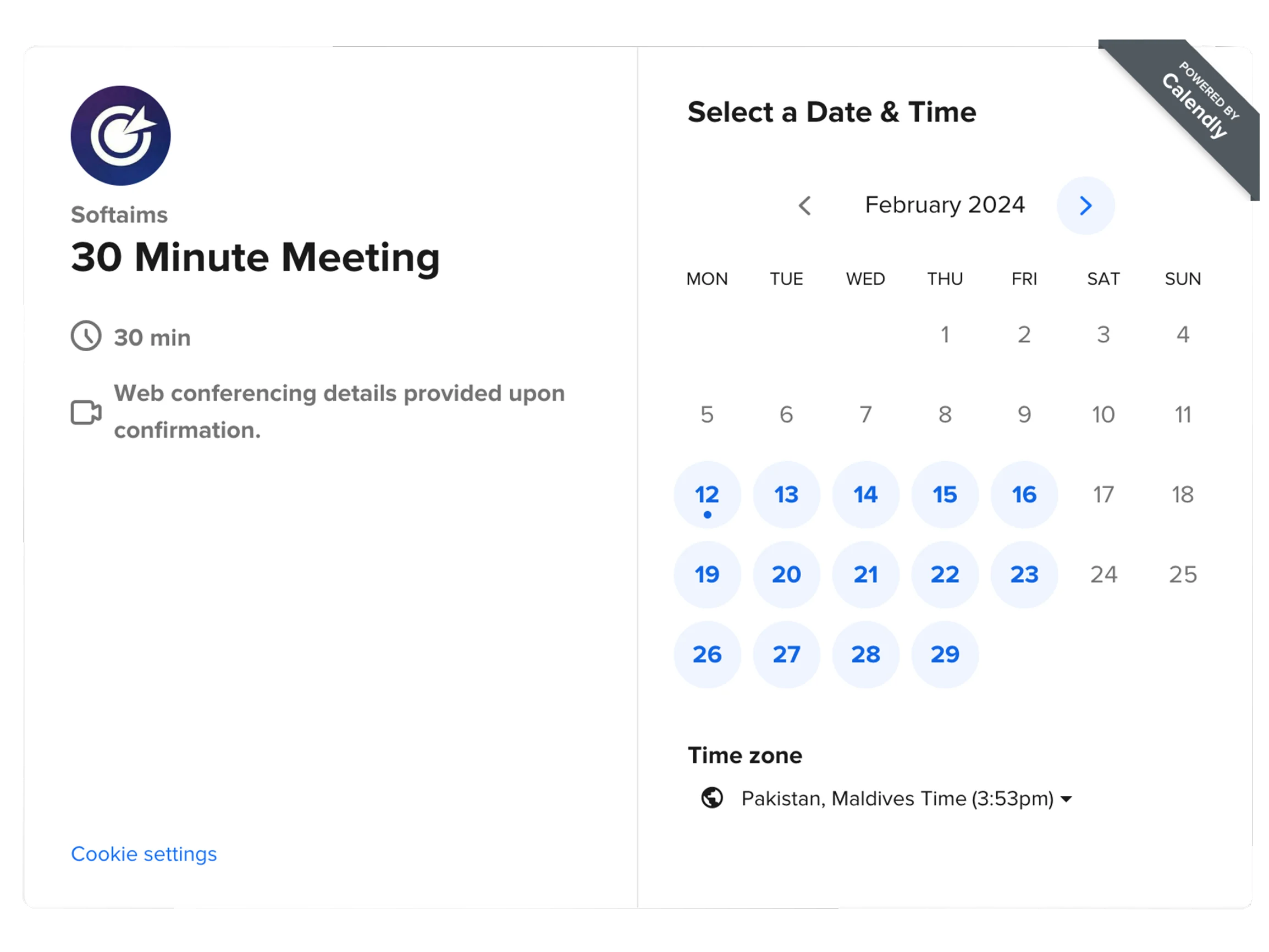The Power of Node.js for Backend Development
Node.js developers are essential for building fast, scalable, and data-intensive backend services. By leveraging JavaScript on the server-side, they create non-blocking, event-driven applications that can handle a massive number of concurrent connections with high performance, making them ideal for APIs, microservices, and real-time applications.

Hiring a skilled Node.js developer means bringing in an expert who can build the efficient and responsive backbone of your modern web infrastructure. Their ability to work with a unified JavaScript stack for both front-end and back-end development streamlines the entire development process, fostering better collaboration and faster delivery times.
Asynchronous Programming and the Event Loop
A deep understanding of Node.js's asynchronous nature is the single most important skill for a developer to possess. Candidates must have a rock-solid grasp of the event loop, callbacks, Promises, and the modern async/await syntax. They should be able to clearly explain how non-blocking I/O operations prevent the main thread from being blocked, which is the secret to Node.js's performance.
This foundational knowledge is crucial for writing code that is not only correct but also highly efficient and scalable. A failure to understand these concepts can lead to poorly performing applications that do not leverage the primary strengths of the Node.js runtime environment.
The Core Node.js Modules
Proficiency with the built-in Node.js modules is a clear indicator of a developer's foundational knowledge. A strong candidate should demonstrate practical experience with core APIs like the fs module for file system interaction, the http module for creating servers and clients, and the path module for handling platform-agnostic file paths.
This expertise ensures they can solve common problems without immediately reaching for a third-party library from the npm ecosystem. This approach often leads to leaner, more secure, and better-performing applications that have fewer external dependencies to manage over time.
The NPM Ecosystem and Package Management
A Node.js developer must be an expert navigator of the vast npm ecosystem, which is the largest software registry in the world. This includes managing project dependencies and development scripts through a well-structured package.json file, understanding semantic versioning, and using tools like npm or yarn effectively and securely.
A critical skill in this area is the ability to discern high-quality, well-maintained packages from those that might be outdated, insecure, or carry unnecessary bloat. Proper package management is key to maintaining a healthy, secure, and reproducible codebase for any serious project.
API Development with Frameworks
The majority of Node.js development roles are focused on building APIs for web and mobile applications. A candidate should have extensive, hands-on experience with a popular web framework, with Express.js being the most common and foundational. They should be able to design and implement clean RESTful APIs from scratch.
This core competency includes handling routing, implementing custom middleware for concerns like authentication and logging, and properly managing requests and responses. Familiarity with other modern frameworks like Koa or Fastify is a significant advantage and demonstrates a broader understanding of the ecosystem.
Error Handling and Logging Strategies
Robust error handling is a critical aspect of building reliable and production-ready applications. A developer should be able to implement consistent error handling patterns throughout an application, using tools like try-catch blocks effectively with async/await functions and properly handling rejected promises to avoid unhandled exceptions.
Beyond just catching errors, a professional developer must have experience with logging frameworks like Winston or Pino. This allows them to create meaningful, structured logs that are essential for debugging issues and monitoring the application's health and performance in a live environment.
Database Integration
Virtually all backend applications need to communicate with a database to persist and retrieve data. A qualified developer should have hands-on experience connecting Node.js to both SQL databases like PostgreSQL or MySQL and NoSQL databases such as MongoDB. This requires knowledge of the appropriate drivers and libraries.
They should be proficient with Object-Relational Mappers (ORMs) like Sequelize for SQL or Object-Document Mappers (ODMs) like Mongoose for MongoDB. A key skill is understanding how to perform CRUD (Create, Read, Update, Delete) operations efficiently and securely, including protecting against SQL injection.
Testing Methodologies for Reliability
A commitment to writing high-quality software is demonstrated through a strong and consistent testing discipline. Candidates should be proficient in writing unit, integration, and end-to-end tests for their Node.js applications to ensure correctness and prevent regressions. They must be able to create a comprehensive test suite that validates the application's behavior.
Experience with common testing frameworks like Jest or Mocha, assertion libraries such as Chai, and mocking tools like Sinon.js is essential. A developer who values testing builds more maintainable, reliable, and bug-free code over the long term.
Understanding Streams and Buffers
For high-performance applications that need to process large amounts of data, a solid understanding of Streams and Buffers is a key differentiator. A skilled developer will know when and how to use streams to handle data in manageable chunks, which is essential for tasks like processing large file uploads, video streaming, or reading from a large database result set.
This advanced concept is critical because it prevents loading massive amounts of data into memory at once, which can crash the server. This knowledge often separates experienced, senior-level Node.js developers from more junior ones.
Modern JavaScript ES6 and Beyond
Since Node.js is a JavaScript runtime environment, expertise in modern JavaScript is an absolute prerequisite. Candidates must be fluent in the features introduced in ES6 and subsequent versions, such as arrow functions, destructuring assignment, template literals, classes, and modules. They should write clean, readable, and modern JavaScript.
A strong foundation in the JavaScript language itself is the bedrock upon which all other Node.js skills are built. They should demonstrate a commitment to staying current with the latest developments in the ECMAScript specification.
How Much Does It Cost to Hire a Node.js Developer
The cost of hiring a Node.js developer varies significantly based on factors like geographic location, years of experience, and the complexity of the required skill set. Major tech hubs in North America and Western Europe typically command the highest salaries due to high demand and cost of living. In contrast, hiring in Eastern Europe or Asia can offer significant cost savings while still providing access to a large pool of skilled talent.
Below is a table with estimated average annual salaries for mid-level Node.js developers in various countries. These figures are illustrative and can change based on market dynamics and the specific requirements of the role.
| Country |
Average Annual Salary (USD) |
| United States |
$125,000 |
| United Kingdom |
$85,000 |
| Germany |
$80,000 |
| Canada |
$95,000 |
| Australia |
$90,000 |
| Poland |
$55,000 |
| Ukraine |
$50,000 |
| India |
$35,000 |
| Brazil |
$45,000 |
| Argentina |
$40,000 |
When to Hire Dedicated Node.js Developers Versus Freelance Node.js Developers
Hiring dedicated developers is the ideal choice for long-term projects, core business functionalities, and when you need a team member who is deeply integrated into your company culture and processes. This model works best when you are building a flagship product that requires ongoing maintenance, feature development, and a consistent vision. A dedicated developer provides stability, institutional knowledge, and a long-term commitment to your project's success.
Conversely, hiring freelance developers is better suited for short-term projects, specific tasks with well-defined scopes, or when you need to augment your existing team's capacity for a limited period. Freelancers offer flexibility, access to specialized skills on-demand, and can be a more budget-friendly option for projects that do not require a full-time, long-term commitment. This model is perfect for building a prototype, fixing a specific set of bugs, or developing a single microservice.
Why Do Companies Hire Node.js Developers
Companies hire Node.js developers primarily for performance and scalability. Its non-blocking, event-driven I/O model allows it to handle thousands of concurrent connections efficiently, making it a perfect choice for building high-performance APIs, real-time applications like chat services or online gaming backends, and data-intensive microservices. This architecture ensures applications remain fast and responsive even under heavy load.
Another major reason is the productivity boost gained from using JavaScript across the entire technology stack. A single language for both the front-end and back-end simplifies development, reduces context-switching for engineers, and enables better team collaboration. Furthermore, the massive npm ecosystem provides a vast library of open-source packages that significantly accelerate development time and help solve common problems quickly.
In conclusion, hiring a successful Node.js developer involves looking for a candidate who has not only mastered the asynchronous, event-driven nature of the platform but also possesses a wide range of practical skills. The ideal developer combines deep knowledge of core APIs, the npm ecosystem, and a popular web framework like Express with a disciplined approach to testing, error handling, and database management. By focusing on these core competencies, companies can build powerful backend teams capable of delivering fast, scalable, and resilient applications that meet the demands of the modern web.



































